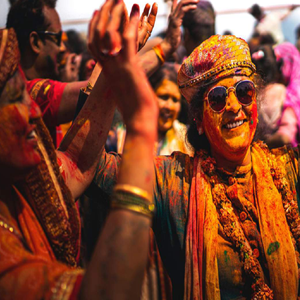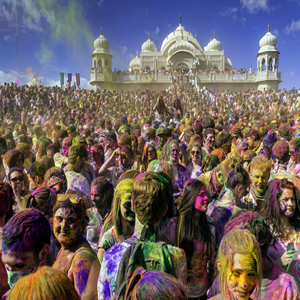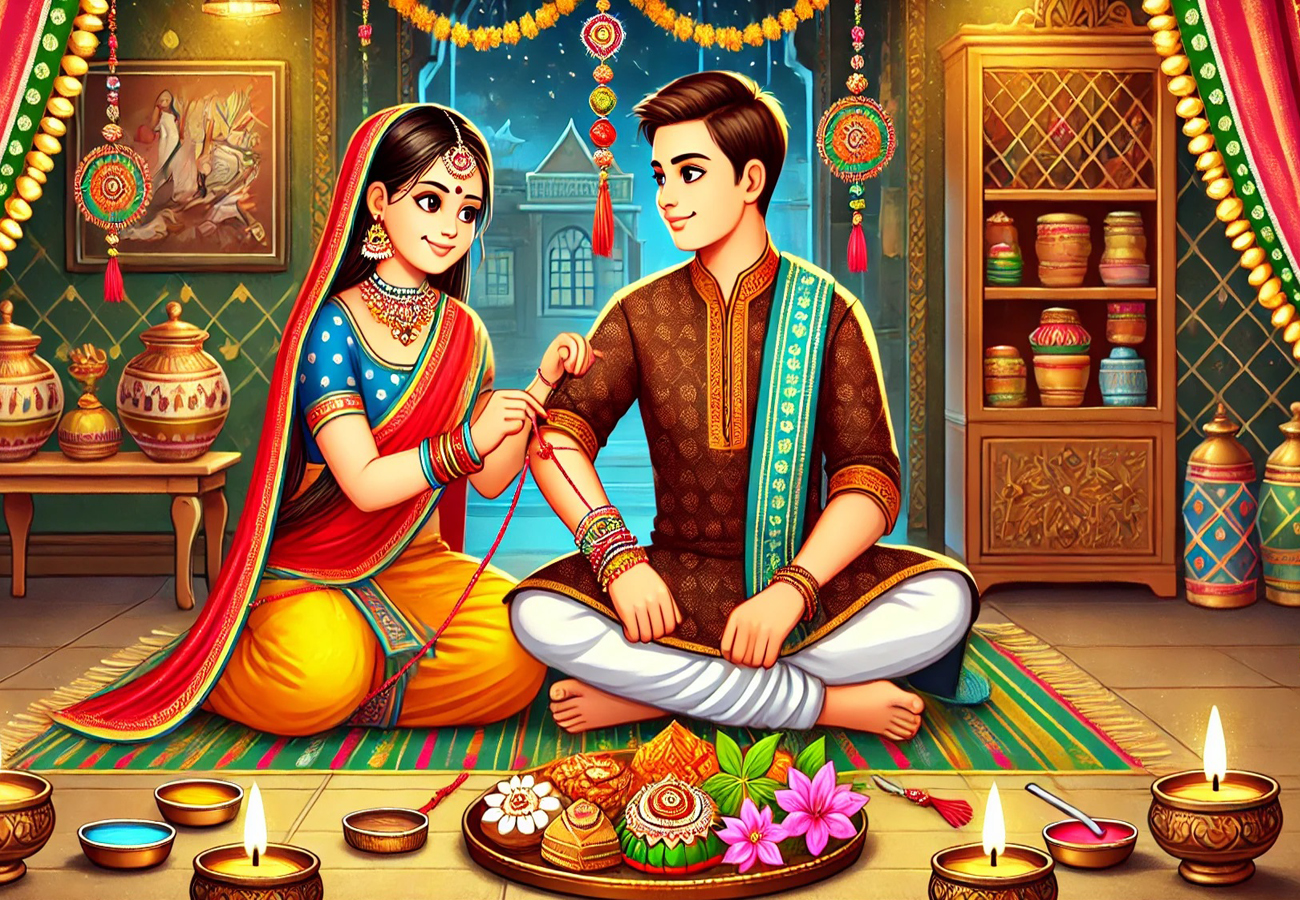
Raksha Bandhan, also known as Rakhi, is a popular Hindu festival that celebrates the bond between brothers and sisters. It is celebrated on the full moon day of the Hindu month of Shravana, which usually falls in July or August. The festival signifies the love, duty, and protection that siblings share with each other.
Historical Significance
The origins of Raksha Bandhan are rooted in various mythological and historical stories. One of the most famous legends is from the Mahabharata, where Draupadi tied a strip of her sari around Krishna's wrist to stop his bleeding. In return, Krishna vowed to protect her. This story symbolizes the essence of Raksha Bandhan — protection and care.
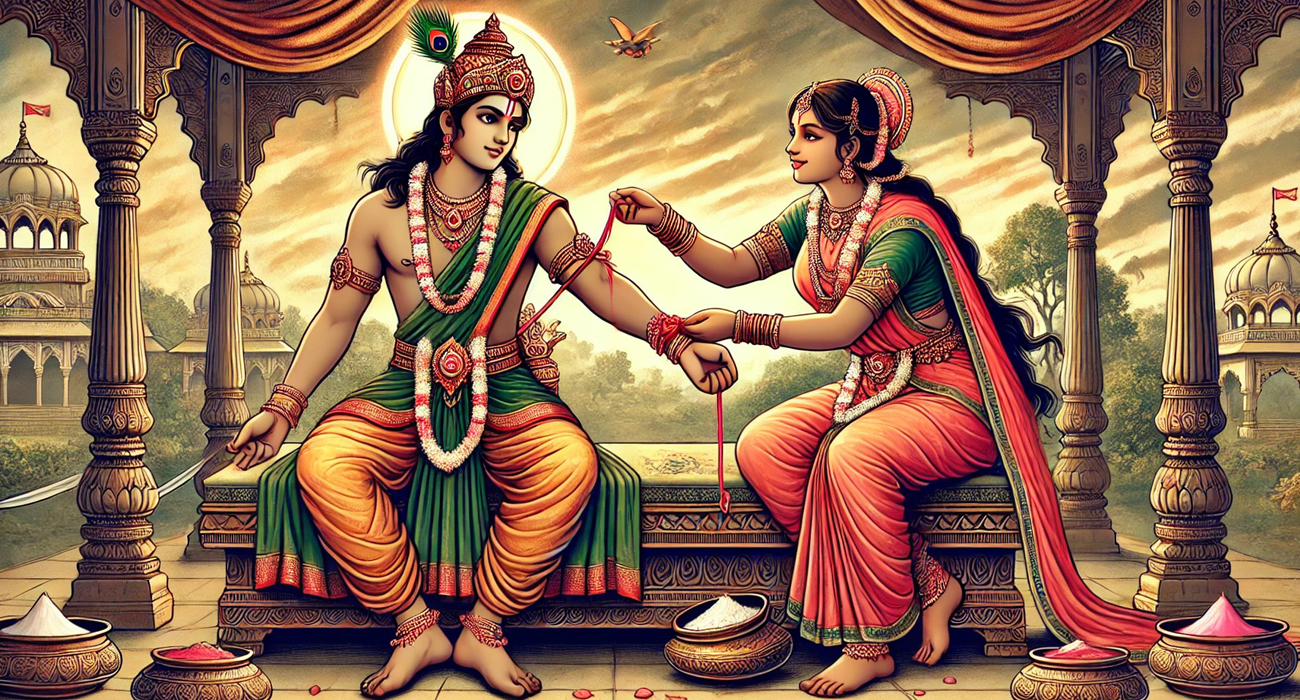
Mythological Stories
Another popular mythological story is that of King Bali and Goddess Lakshmi. According to the legend, Goddess Lakshmi tied a rakhi on the wrist of King Bali, thereby making him her brother and ensuring the safety of her husband, Lord Vishnu. This story is celebrated in some regions with great fervor and highlights the significance of the bond of protection.
Historical Accounts
Historically, the festival has been documented during the reign of Emperor Humayun. It is said that Rani Karnavati of Chittor sent a rakhi to Humayun seeking his protection against the invasion by Bahadur Shah. Moved by the gesture, Humayun immediately set out to defend her kingdom, although he couldn't reach in time.
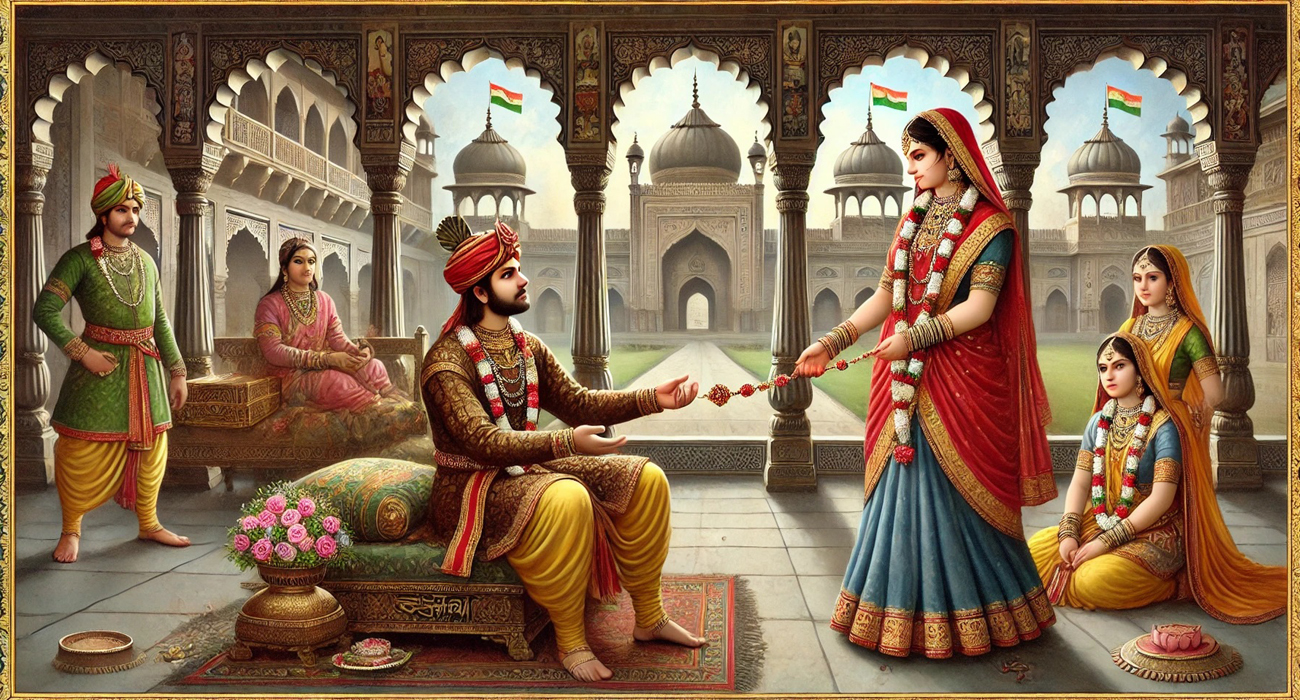
Modern Significance
In contemporary times, Raksha Bandhan has transcended religious boundaries and is celebrated by people of different communities and religions. It has become a symbol of unity and harmony, reflecting the rich cultural fabric of India.
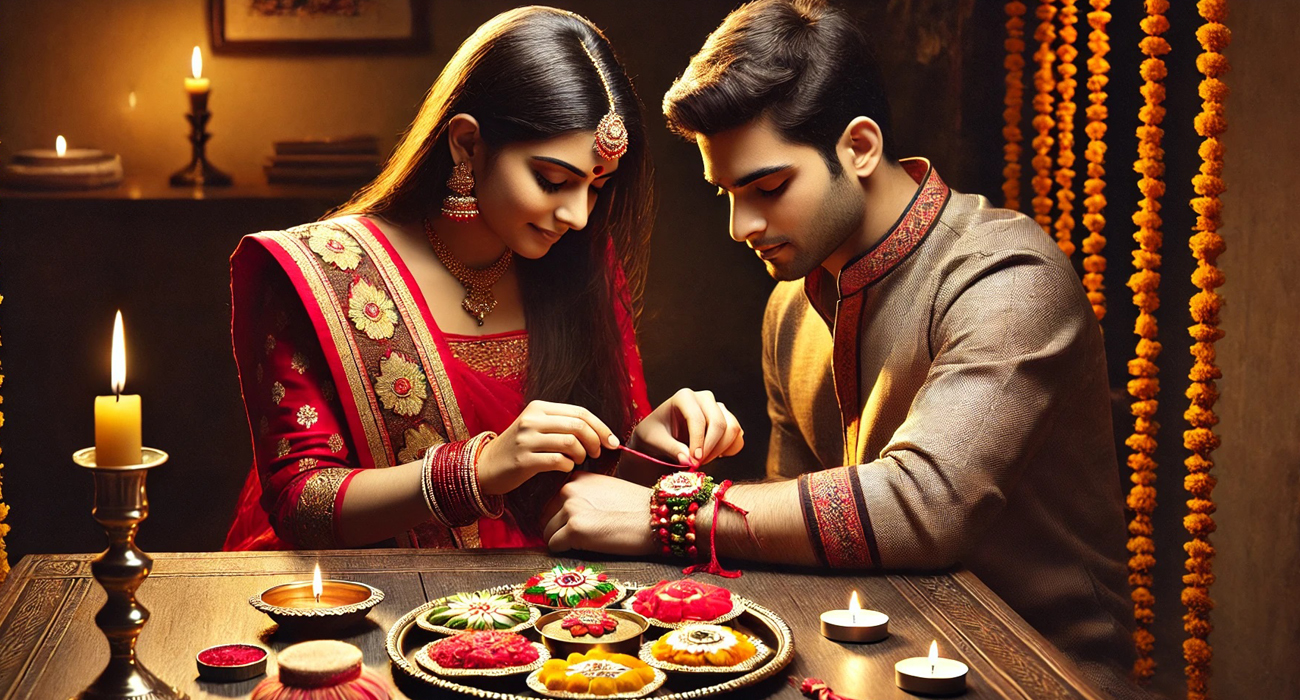
Rituals and Traditions
The main ritual of Raksha Bandhan involves the sister tying a rakhi (a sacred thread) around her brother's wrist, performing an aarti, and praying for his well-being. In return, the brother gives his sister gifts and promises to protect her throughout his life. This ritual is a reaffirmation of their bond and mutual dependence.
Preparation for Raksha Bandhan
Preparations for Raksha Bandhan begin well in advance. Sisters shop for rakhis, which come in various designs ranging from traditional to modern. Many also prepare or buy sweets to offer during the ceremony. Brothers, on the other hand, think of gifts that would delight their sisters.
Celebration Day
On the day of Raksha Bandhan, siblings dress in traditional attire. The sister applies a tilak (a mark) on her brother’s forehead, ties the rakhi around his wrist, and performs an aarti to invoke divine blessings. This is followed by an exchange of gifts and sweets. The day is filled with joy, laughter, and the strengthening of familial bonds.
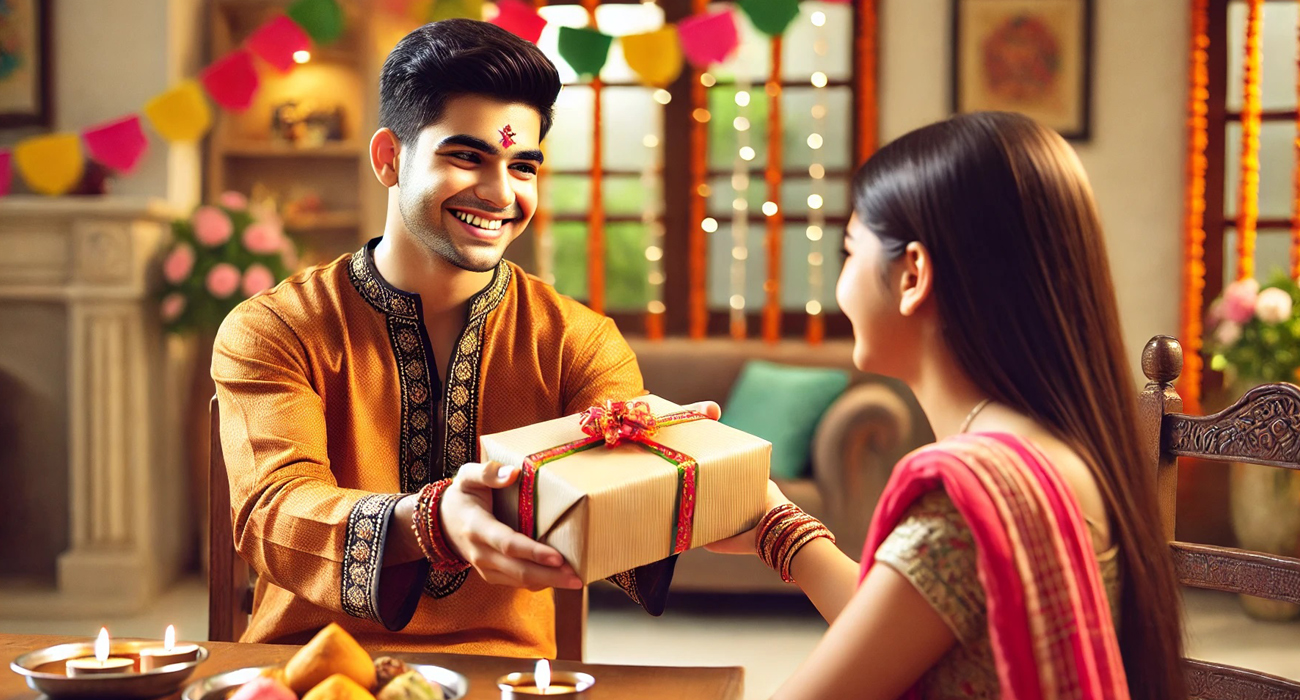
Evolution of Raksha Bandhan
Over the years, Raksha Bandhan has evolved, adapting to modern times while preserving its core essence. Today, it is not just limited to biological siblings. Cousins, distant relatives, and even close friends celebrate this festival, symbolizing a broader interpretation of family and protection.
Global Celebrations
With the Indian diaspora spread across the globe, Raksha Bandhan is celebrated in many countries, including the USA, UK, Canada, and Australia. These celebrations often become a means for the Indian community to stay connected with their roots and share their culture with others.
Virtual Raksha Bandhan
In recent times, especially with the rise of the digital age and the impact of global events like the COVID-19 pandemic, virtual Raksha Bandhan celebrations have gained popularity. Siblings separated by distance connect over video calls, send e-rakhis, and exchange gifts through online platforms, ensuring the spirit of the festival remains alive.

Conclusion
Raksha Bandhan is more than just a ritual; it is a celebration of the beautiful bond between siblings, encapsulating the values of love, protection, and care. As we continue to celebrate this festival, it serves as a reminder of the importance of family, the strength of relationships, and the enduring nature of traditions in our lives.
Latest Posts
-
1March 01, 2024
-
2March 02, 2024
Get The Best Blog Stories into Your icountox!
Sign up for free and be the first to get notified about new posts.

